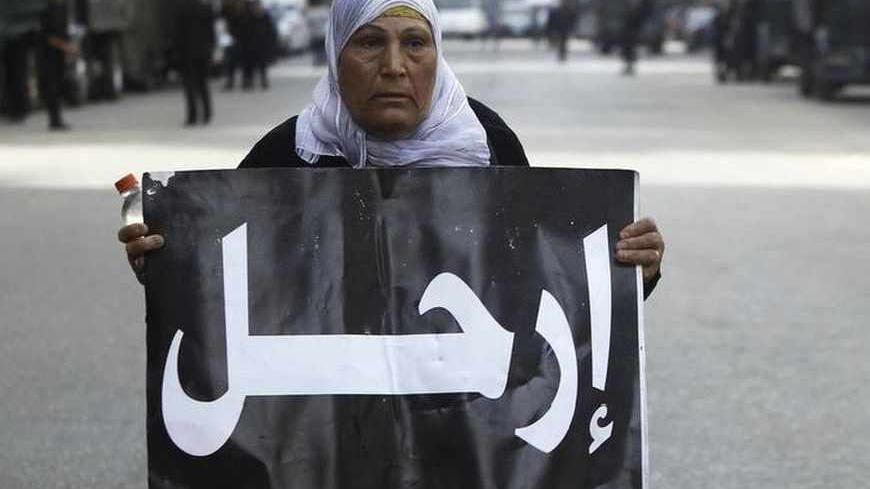As thousands of Egyptians hit the streets in response to a call from Gen. Abdel Fattah al-Sisi asking for a mandate to crush demonstrating supporters of the Muslim Brotherhood, one has to ask the simple question: Is the Middle East turning away from radicalism and becoming more moderate?
The signs of moderation in political leadership can no longer be ignored. Look at Iran, where after eight years of a radical president, Iranians elected the relatively moderate Hassan Rouhani. Look at Qatar, where the emir and prime minister had been intervening in regional conflicts on behalf of hard-liners, but now publicly supports the military-installed interim president of Egypt after its new, young emir, Sheikh Tamim, took over and fired the prime minister.



